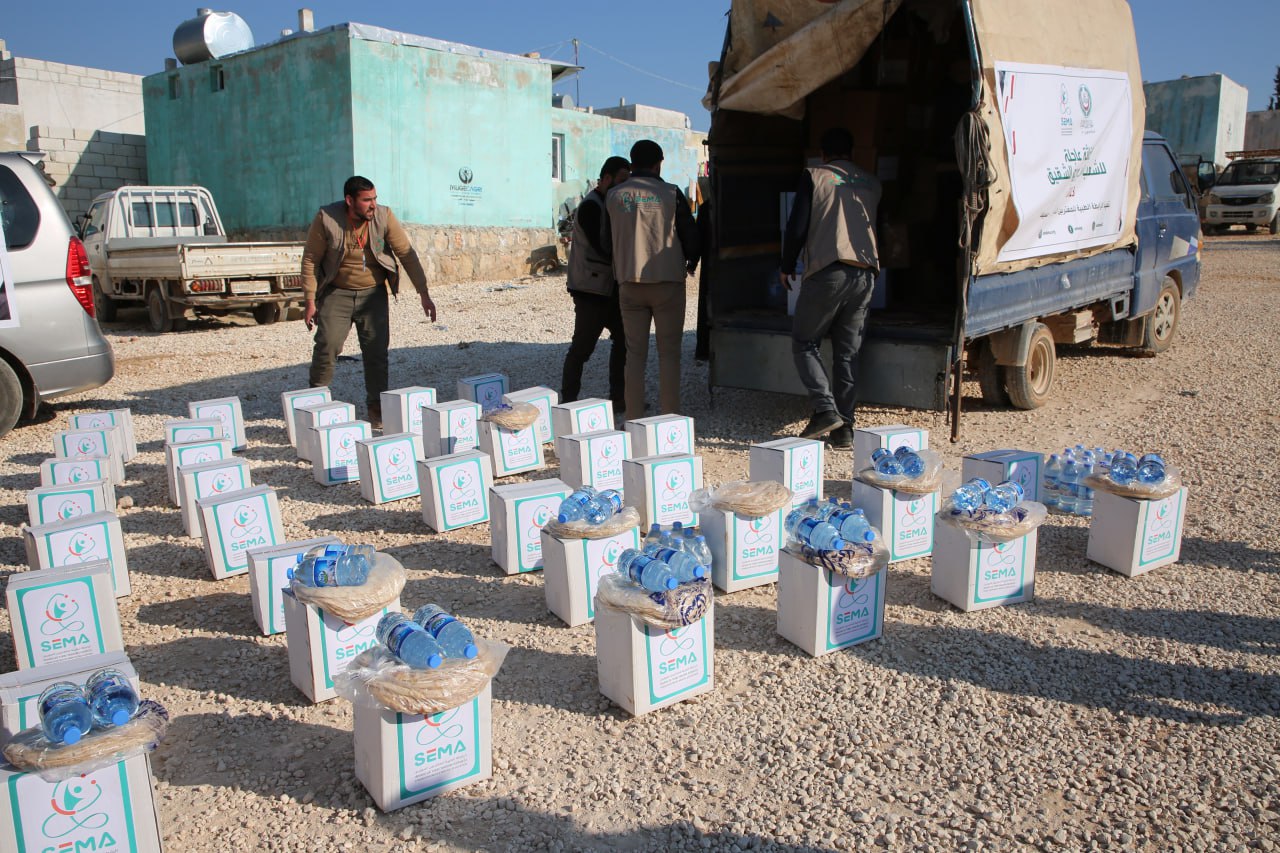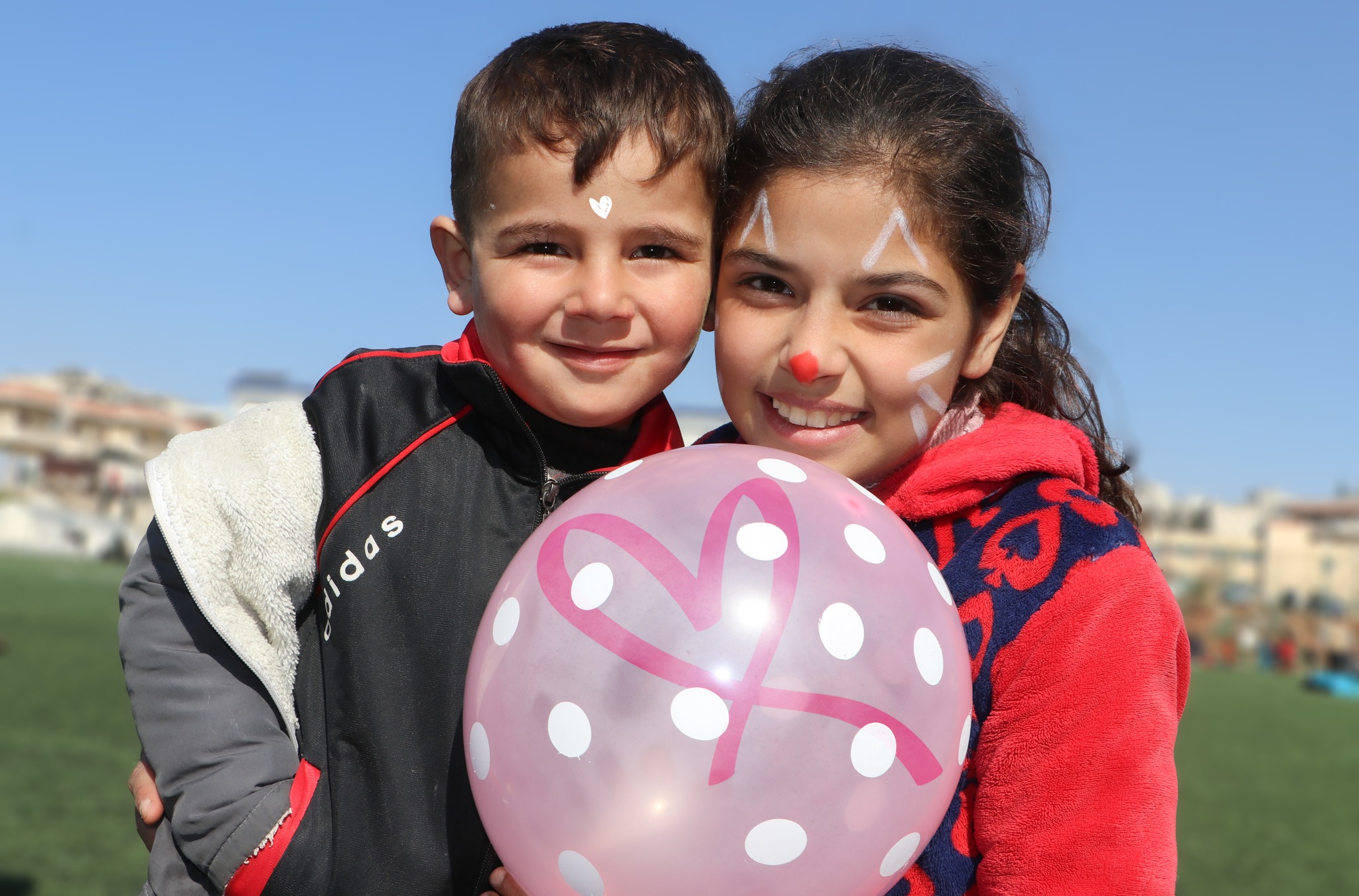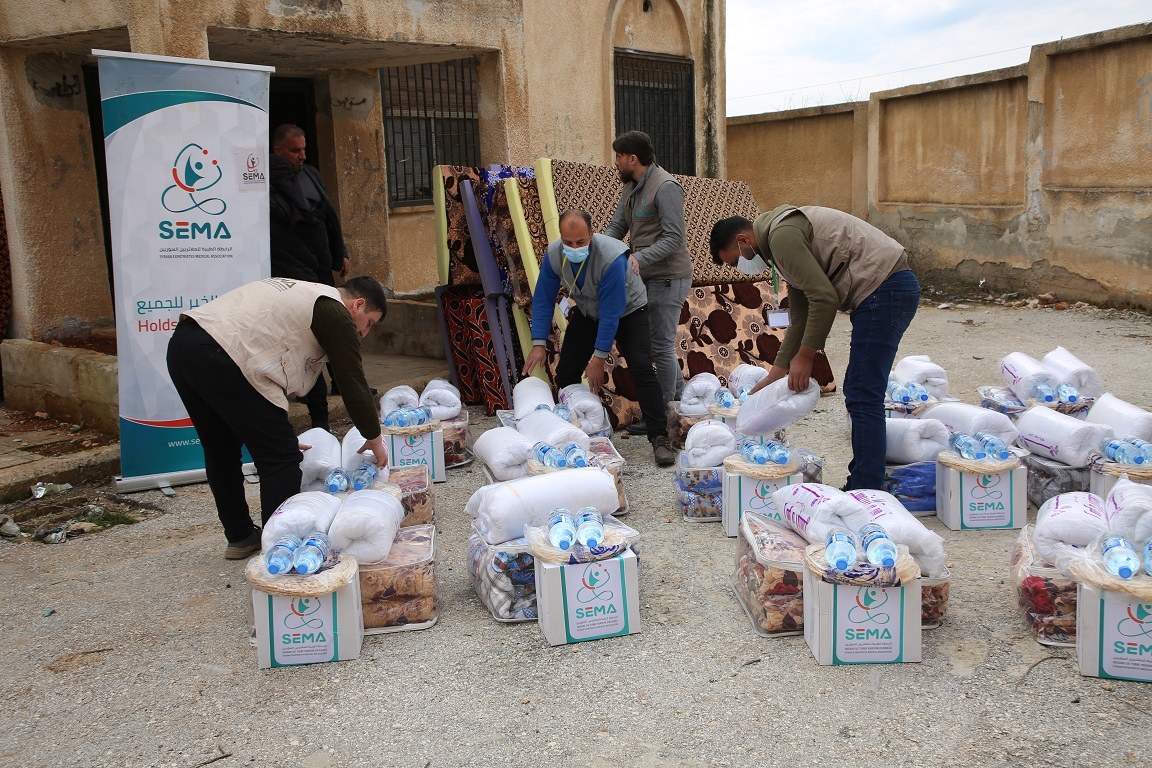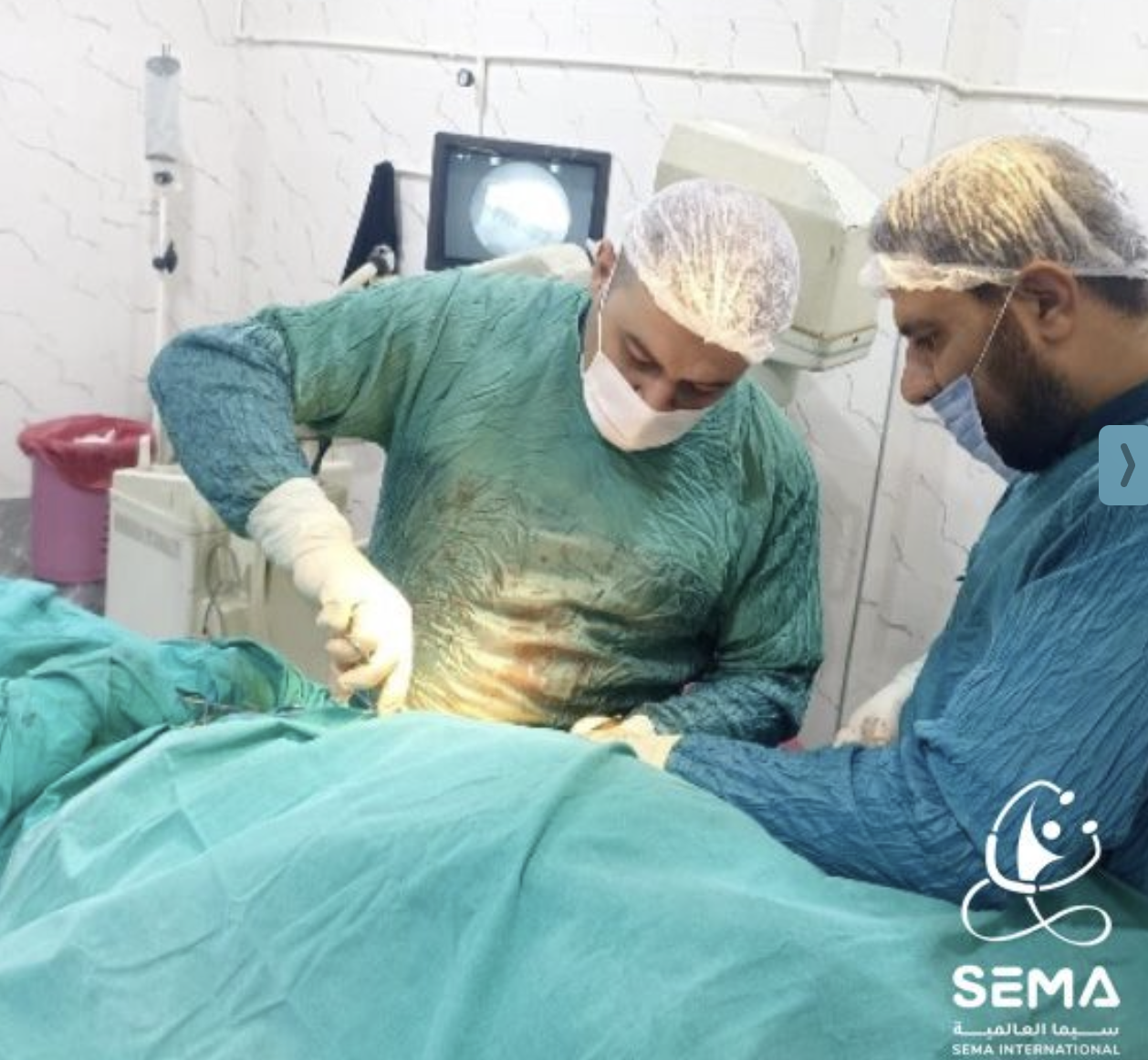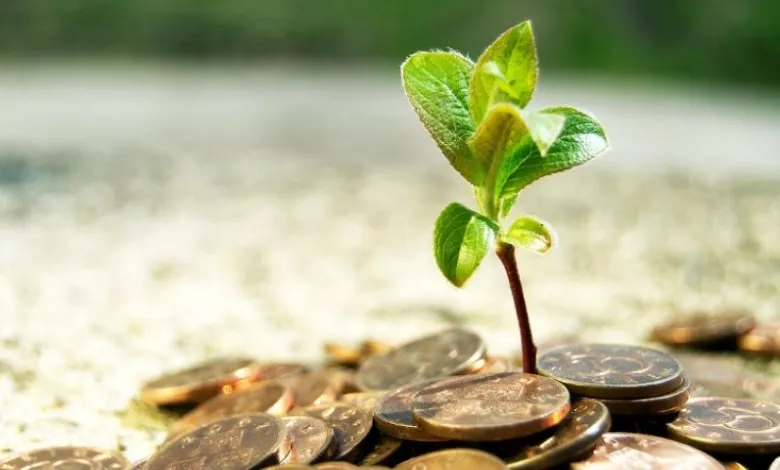In the tapestry of Islamic teachings, the significance of even the most minor good deeds is woven intricately. As highlighted in the Holy Quran, Allah SWT said: “So whoever does an atom’s weight of good will see it, and whoever does an atom’s weight of evil will see it.” [Az-Zalzalah – 99:7-8].
Thus, this article explores the immense impact of seemingly small actions like Sadaqah and their pivotal role in fortifying the fabric of Islamic society.
Introduction- What is Sadaqah?
Sadaqah embodies a voluntary act of charity performed solely for the pleasure of Allah SWT, devoid of any compulsion or obligation. While distinct from Zakat, which holds a mandatory status, Sadaqah is a testament to one’s devotion, fostering a deeper connection with Allah SWT.
Abu Hurairah (RAA) narrated that The Messenger of Allah (PBUH) said:
“Seven people will be shaded by Allah under His shade on the day when there will be no shade except His ….” He mentioned the rest of the hadith, which says, “and a man who gives charity so secretly that his left hand does not know what his right hand has given.” (i.e., nobody knows how much he has given in charity) [Agreed upon].
Types of Sadaqah
Sadaqah has a diverse spectrum of charitable acts, each carrying its unique rewards and benefits. These acts extend beyond monetary donations, encompassing various forms of benevolent deeds. They include:
- Sadaqah Jaariyah (Continuous Charity): Charitable actions that benefit others even after the giver’s passing. This can be in the form of endowments, establishing educational institutions, or digging wells.
- Sadaqah in Kind: Donations of goods, food, or other essentials to those in need, reflecting the spirit of sharing one’s blessings.
- Sadaqah through Acts of Kindness: Simple acts like offering a smile, aiding someone in need, or removing obstacles from paths are considered acts of Sadaqah, fostering goodwill and unity within the community.
- Knowledge as Sadaqah: Sharing knowledge, educating others, or teaching beneficial skills are regarded as continuous charity, offering benefits even after sharing.
The rewards for these charitable acts are extensive, including the purification of the soul, erasing sins, and protection from adversities.
As the Quran mentions, “The example of those who spend their wealth in the cause of Allah is that of a grain that sprouts into seven ears, each bearing one hundred grains. And Allah multiplies ˹the reward even more˺ to whoever He wills.” [Al-Baqarah, 2:261].
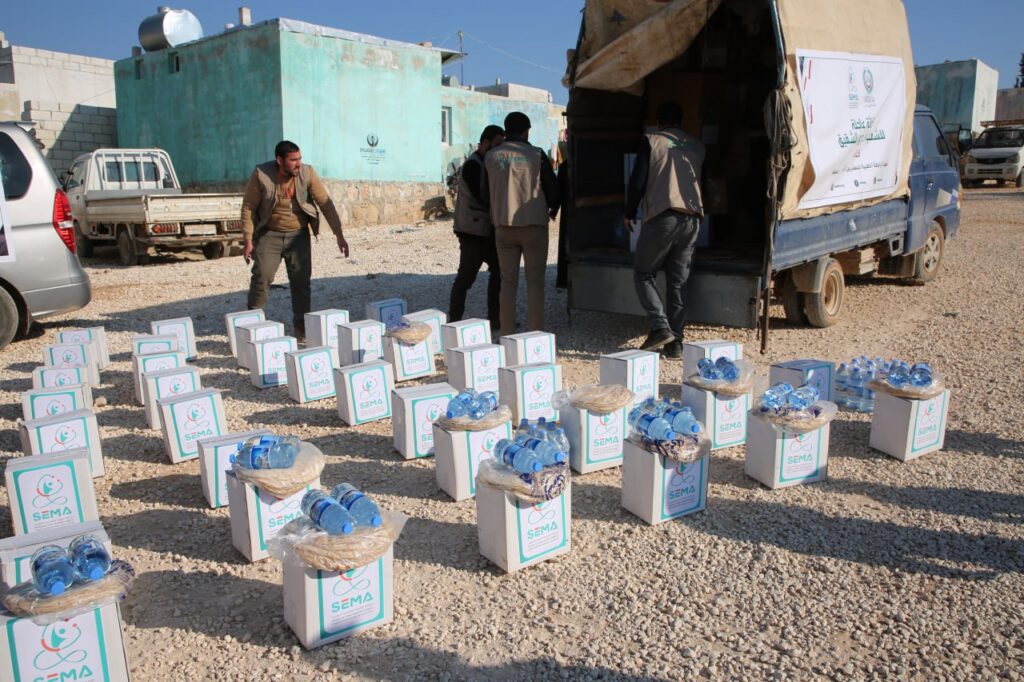
Importance of Donating Sadaqah
Donating Sadaqah holds immense importance in cultivating a cohesive and supportive community rooted in compassion and empathy.
This act of selfless giving plays a pivotal role in nurturing solidarity among individuals and fostering a society where the welfare of all members is prioritized.
The impact of Sadaqah extends far beyond the act itself; it serves as a powerful tool in alleviating poverty, offering relief to the oppressed, and providing support to those facing hardship.
Allah SWT encourages charity in the Quran, stating, “Those who spend their wealth in the cause of Allah and do not follow their charity with reminders of their generosity or hurtful words—they will get their reward from their Lord, and there will be no fear for them, nor will they grieve..” [Al-Baqarah, 2:262].
Narrated `Adi bin Hatim heard the Prophet (PBUH) saying: “Save yourself from Hell-fire even by giving half a date fruit in charity.” [Sahih al-Bukhari 1417].
By practicing Sadaqah, individuals create a more compassionate and resilient society, empower those in need, and foster a culture of generosity that transcends boundaries.
Ways to Donate Sadaqah
Exploring diverse avenues of donation enables individuals to contribute in ways that resonate with their intentions and capabilities. Ways to Donate Sadaqah:
- Online Platforms: Utilize secure online platforms that facilitate easy and safe donations with a few clicks.
- SEMA Relief Programs: Engage with reputable Islamic relief organizations like SEMA, offering diverse programs covering emergency relief, medical assistance, education, and livelihood support.
- Offline Contributions: Explore physical channels like donation boxes in mosques, charity events, or direct contributions to designated relief offices to make impactful contributions.
Advantages of Regular Donation
Consistency in Sadaqah offerings, even in small amounts, holds immense virtues, contributing to one’s spiritual growth and societal well-being and brings forth numerous benefits, including:
- Spiritual Growth: Consistent charity, even if modest, carries immense rewards, nurturing a generous spirit and strengthening the relationship with Allah SWT.
- Ease of Habit: Start by setting aside a small portion of your income, making it a habit to contribute regularly.
- Impactful Cumulative Effect: Continuous small contributions accumulate over time, creating a substantial impact, especially when supporting ongoing humanitarian causes or funding community initiatives.
- Emulation of Prophet’s Tradition: Emulate the Sunnah of Prophet Muhammad (PBUH), who emphasized regular acts of charity, even if minimal.
‘A’isha reported Allah’s Messenger (PBUH) as saying: The acts most pleasing to Allah are those which are done continuously, even if they are small. And when ‘A’isha did any act, she did it continuously. [Sahih Muslim 783b].
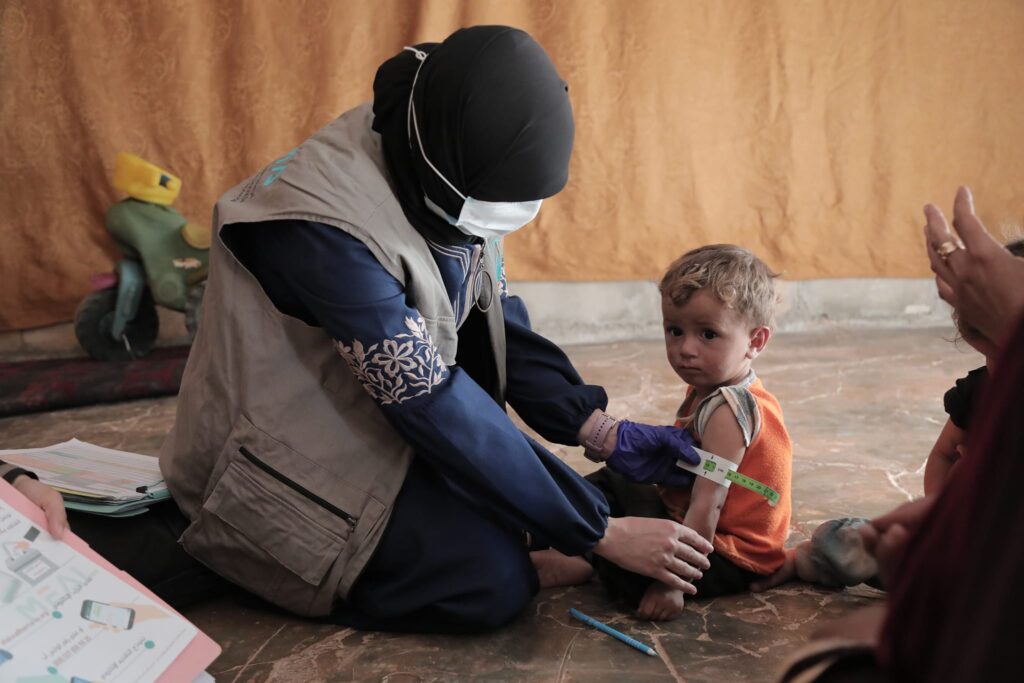
Making a Sustainable Impact with SEMA
Donating Sadaqah to SEMA ensures a sustainable impact, providing crucial aid to those in need. To ensure that your Sadaqah reaches those who need it most and generates a lasting impact through:
– Direct Donations: you can donate to specific programs or projects, such as health initiatives, education support, or emergency relief efforts.
– Regular Updates: we provide transparency and accountability about how your Sadaqah is utilized.
Marthad b. ‘Abdallah said one of the companions of Allah’s messenger told him that he had heard him say, “The believer’s shade on the day of resurrection will be his sadaqah.”
Ahmad transmitted it. [Mishkat al-Masabih 1925]
FAQs
What is the best way to give Sadaqah?
The best way to give Sadaqah is by contributing sincerely and without expectation of reward. Donations can be made through various avenues, including online platforms, reputable relief organizations like SEMA, or via offline channels such as charity events or donation boxes in mosques.
What are simple acts of Sadaqah?
Simple acts of Sadaqah include:
Offering a smile.
Helping someone in need.
Removing obstacles from paths.
Sharing knowledge.
Educating others.
Donating goods, food, or essentials to those less fortunate.
These actions, irrespective of their scale, are considered charitable deeds.
What is the most important rule in giving Sadaqah?
The most crucial principle in giving Sadaqah is sincerity—performing charitable acts solely to please Allah SWT. Additionally, ensuring that giving doesn’t cause harm or stress to the recipient is equally vital.
What is the reward of giving Sadaqah?
Giving Sadaqah has numerous rewards. Besides its spiritual benefits and purification of the soul, it erases sins, protects from adversities, multiplies blessings, and can be a means to seek refuge from the torment of Hell, as mentioned in the Quran and Hadiths. The rewards are abundant and extend into worldly life and the hereafter.
Read More:
Sadaqah in Action: SEMA’s Response to Emergencies
The Ripple Effect of Sadaqah: Building Hope
Sadaqah Jariyah for Education: SEMA’s Educational Initiatives
Sadaqah and Sustainable Development: SEMA’s Vision
SEMA’s Sadaqah Campaigns: Get Involved Today
SEMA’s Zakat Campaign: Bridging Gaps, Building Futures

